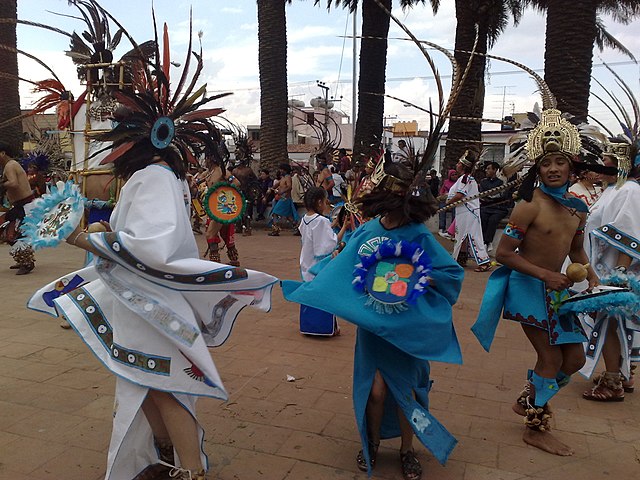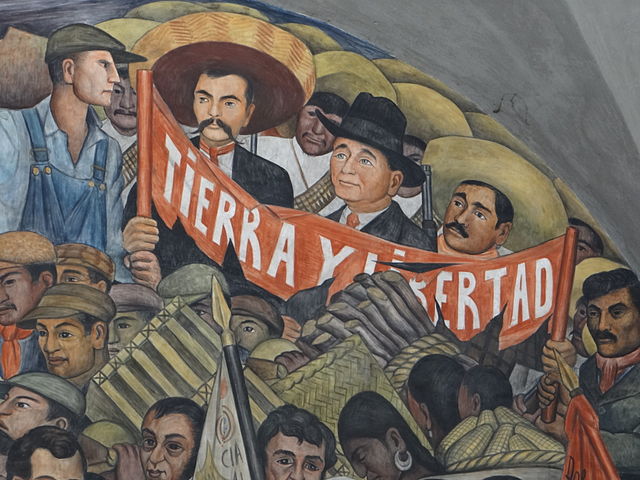As the dominant language in Latin America, Spanish has played a significant role in the unification and cohesion of the region. Introduced through colonization, it has served as a force of unity, enabling communication, cultural exchange, and the development of a shared Latin American identity. This essay explores the importance of Spanish in fostering unity among Latin American countries, examining its historical context, linguistic influence, cultural bonds, and its role in promoting regional cooperation.
Spanish colonization in Latin America profoundly influenced the region’s linguistic and cultural landscape. The language spread across vast territories, establishing itself as the lingua franca of colonial administration, trade, and cultural exchange. The imposition of Spanish as the official language during the colonial era laid the foundation for a shared linguistic heritage that continues to shape Latin America today.
As the dominant language, Spanish facilitates communication and cultural exchange among diverse Latin American countries. Its prevalence allows for the exchange of ideas, literature, music, and popular culture, creating a shared cultural sphere. Proficiency among Latin American populations ensures mutual intelligibility, fostering unity and enhancing cooperation in various domains, including commerce, politics, and diplomacy.
Spanish has served as a vehicle for the expression and dissemination of Latin American cultural production. The region’s literary giants, such as Gabriel García Márquez, Pablo Neruda, and Julio Cortázar, have captivated audiences across the region and beyond through their works written in Spanish. Shared literary traditions, themes, and cultural references further strengthen the bonds among Latin American countries, fostering a sense of shared identity and solidarity.
Spanish-language media, including television, film, and music, has played a pivotal role in promoting shared experiences and cultural awareness across Latin America. Popular telenovelas, films, and music in Spanish have transcended borders, resonating with audiences throughout the region. The shared consumption of these cultural products generates a sense of commonality and fosters a collective Latin American consciousness.
Moreover, Spanish serves as a language of academic and intellectual exchange in Latin America. Educational institutions across the region offer programs and courses in Spanish, facilitating the exchange of students, scholars, and ideas. Academic conferences, research collaborations, and literary forums conducted in Spanish further promote unity and cooperation among Latin American countries in the pursuit of knowledge and scholarship.
Furthemore, Spanish acts as a common language for political cooperation and diplomatic endeavors in Latin America. Regional organizations, such as the Organization of American States (OAS) and the Union of South American Nations (UNASUR), conduct their proceedings in Spanish, allowing for effective communication and cooperation among member states. Spanish facilitates negotiation, dialogue, and consensus-building, contributing to the development of regional policies and initiatives.
While Spanish plays a unifying role in Latin America, it is crucial to acknowledge and respect the linguistic diversity within the region. Indigenous languages, such as Quechua, Guarani, Mapudungun and Aymara, hold immense cultural significance and deserve recognition and preservation. Efforts must be made to protect and promote linguistic diversity alongside the use of Spanish, fostering an inclusive environment that values and celebrates the richness of all languages within the Hispanic zone.
As the dominant language in Latin America, Spanish has played a pivotal role in unifying the region. Through its historical context, linguistic influence, cultural bonds, and facilitation of regional cooperation, it has fostered a sense of shared identity and mutual understanding among Latin American countries. Its prevalence enables communication, cultural exchange, and the expression of shared experiences through literature, art, and media. However, it is crucial to strike a balance between the promotion of Spanish and the preservation of linguistic diversity within Latin America. By embracing both Spanish and indigenous languages, Latin America can continue to foster unity, inclusivity, and respect for its diverse cultural heritage, ultimately strengthening its collective identity and regional cooperation.










